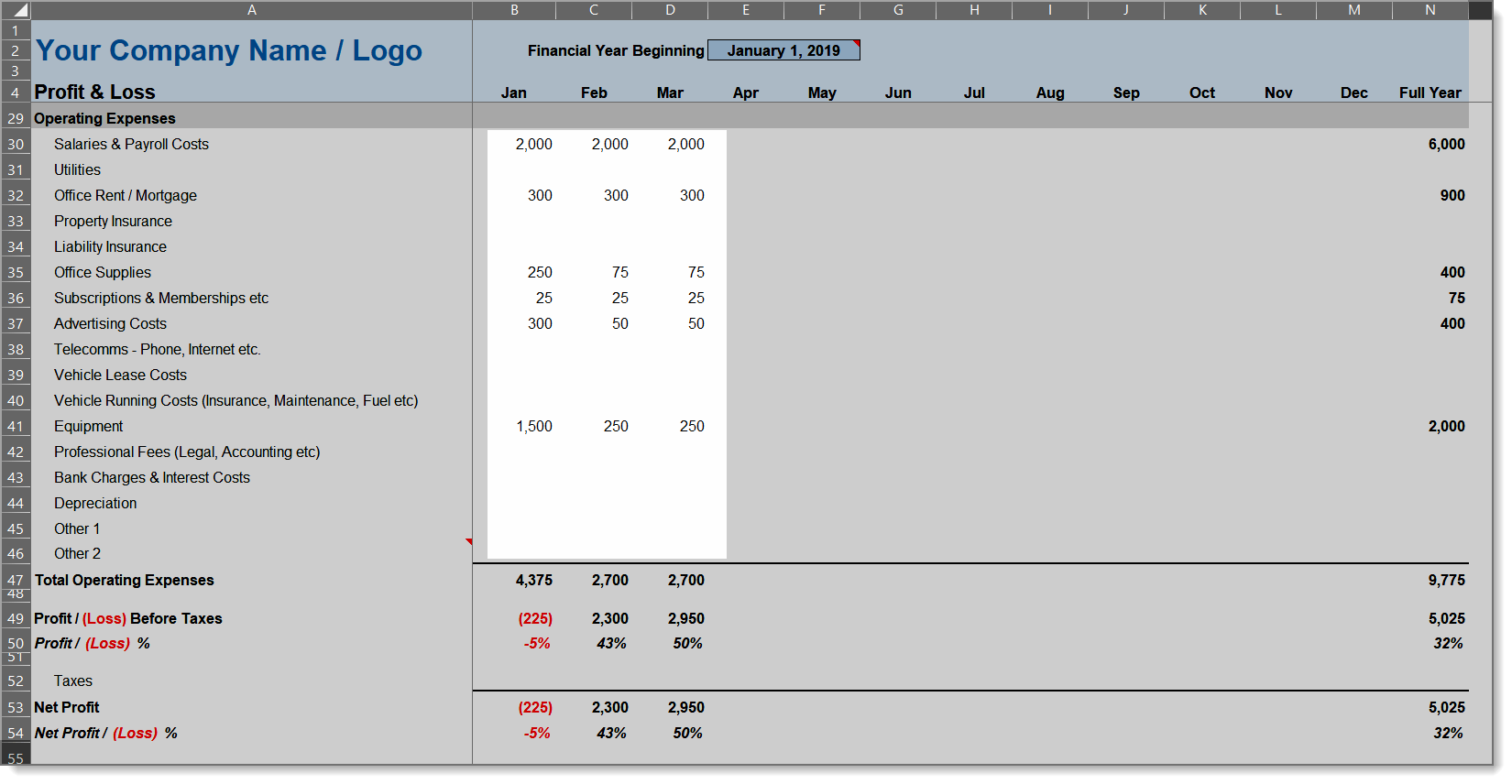
Water quality science can be an exciting, challenging career with many opportunities. Although a degree is necessary in water science, there are other paths that can be taken. Water quality scientists can work for local, national and international organisations. Those with considerable experience may move into a consultancy role.
Qualifications
Water quality scientists study the environmental effects of various pollutants in both rivers and lakes. While some focus on ecosystems, others examine human-made systems such as water treatment plants and drinking water supplies. In the latter case, water quality specialists may work to ensure the safety of these systems, as well as protect the environment. Others may focus on the coastal waters.
A degree in water science will help you get started in this area. Some universities offer postgraduate courses related to this area. Others offer apprenticeships which combine paid work and part-time study.

Work environment
The main job of a water quality scientist is to ensure water supply quality. This is done by using analysis, testing and regulation. They typically specialise in surface water, groundwater, or drinking water. The specific nature of their work may also determine the type of compensation they earn. Salaries for water-quality analysts vary depending on their education, years of experience, and the responsibilities they have.
Water quality scientists will examine samples, analyze them and report back to you with solutions for improving the water's quality. They will also inspect water quality issues and offer expert advice about pollution prevention and safe release of industrial effluents. The average starting salary for a water quality scientist is PS18,500 and ranges up to PS25,000. This job requires a commitment of full time and can require frequent travel.
Salary
Water quality scientists collect water samples from different sources. They then test these samples using scientific methods to determine if there are any pollutants in the water and offer solutions. They also assess potential sources of pollution and advise on ways to safely release sewage. These positions pay salaries between PS1800-PS25,000 per annum. You can either work as a consultant or for a government agency as a water quality expert.
The national average salary for a Water Quality Scientist is around $92,500, with some cities paying significantly more. In addition to salary, water quality scientists may also receive annual bonuses based on their performance. An average compensation package might include travel benefits, health insurance, pension and health insurance. Water quality scientists generally work a five-day week. Some may also work on a shift basis. This job requires extensive travel to perform quality testing and periodic inspections.

Education
It is necessary to have a degree in the relevant scientific discipline to become a water quality scientist. This degree must have both a biological as well as an analytical component. This is a highly skilled field. Candidates must be able to organize and follow through. The Chartered Institution of Water & Environmental Management should accredit all degree programs. Employers may also require postgraduate degrees.
Water quality scientists might decide to further their education or obtain certification. A PhD will give water quality scientists more knowledge and help them improve their career prospects. A PhD is typically a qualification that prepares a scientist to work in teaching, research, or other high-ranking positions in government. Candidates will be able to accept responsibility in the public sector after completing a PhD. Water quality is important throughout the world, so a post in a government agency is an ideal choice for professionals who want to make a difference.
FAQ
What is the difference?
An advisor is someone who provides information about a subject. A consultant provides solutions to problems.
Consultants work directly with clients to help them reach their goals. An advisor advises clients indirectly through books, magazines, lectures, seminars, etc.
What is a consultant?
Consultants are people who provide services to others. It's not just a job title; it's a role where you help others achieve what they want from life. You do this by helping them understand their options and helping them make the right choices.
Consultants have the ability to solve any problems or challenges that may arise from projects. They also provide advice and guidance on how to implement those solutions.
Any questions you have about business, technology and finance, leadership or strategy, human resource management, customer service, customer service, or any other topic, a consultant can answer them.
Do I need a degree to be a consultant?
It is best to study a subject well and then practice what you have learned.
Start studying today if you want the skills to be a great manager!
A degree without relevant experience may make it difficult for you to be hired. If you have demonstrated that you have studied the same subjects as those who received the jobs, then you may still be eligible to apply.
Employers will always seek out candidates who have real-world experience.
Can anyone be an advisor?
Consultants are people who help you reach your goals by giving advice about how to make it better, faster, or cheaper.
A consultant may help you solve problems, make decisions, or negotiate with others.
Consultants can be hired to assist with specific tasks or projects.
Consultants are often paid per hour or daily rather than per project.
How much are consultants paid?
Although some consultants can make more than $100k annually, the majority of consultants earn between $25-$50k. The average salary for a consultant is $39,000. This includes both salaried and hourly consultants.
Salary depends on the experience of the consultant, their location, industry, type and length of the contract (contractor or employee), as well as whether they have their own office or work remotely.
How do I set up an LLC to consult?
You must first figure out what you want to do as a service provider. You must then ensure you are qualified to offer those services. It may be a good idea to seek out someone who offers the services you need and observe their work.
Once you have a clear idea of what you are offering, you can start to identify your target market. If you don't have enough, you might need to create them.
You then have to decide whether or not you want to open your own company, or hire other people to do it.
A license from the state could be required to start your own consulting business. However, this can take some time and require legal fees.
Statistics
- "From there, I told them my rates were going up 25%, this is the new hourly rate, and every single one of them said 'done, fine.' (nerdwallet.com)
- WHY choose me: Why your ideal client should choose you (ex: 10 years of experience and 6-week program has helped over 20 clients boost their sales by an average of 33% in 6 months). (consultingsuccess.com)
- My 10 years of experience and 6-step program have helped over 20 clients boost their sales by an average of 33% in 6 months. (consultingsuccess.com)
- 67% of consultants start their consulting businesses after quitting their jobs, while 33% start while they're still at their jobs. (consultingsuccess.com)
- So, if you help your clients increase their sales by 33%, then use a word like “revolution” instead of “increase.” (consultingsuccess.com)
External Links
How To
How do I start a consultancy company?
Starting a Consulting Company is a great way to make money online from home. You don’t need to have business experience or invest capital. You can start your own consulting firm by building a website. You can use social media platforms like Facebook, Twitter, LinkedIn and Instagram to promote your services.
You can use these tools to put together a plan for marketing that includes:
-
Create content (blogs).
-
Building relationships (contacts).
-
Generating leads (lead generation forms)
-
Selling products (eCommerce websites)
Once your marketing strategy is developed, you need to find clients willing and able to pay for your services. While some people prefer to attend networking events and groups, others prefer online methods like Craigslist, Wikijiji, or Kijiji. The choice is up to you.
Once you have secured new clients, you will need to discuss terms with them and their payment options. You can discuss hourly rates, retainer agreements, flat fees, and other options. So that you are able to communicate clearly during the entire process, it is important to understand what you expect from a client before you accept them.
An hourly agreement is the most common contract for a consulting service. In this case, you agree to provide certain services at a fixed rate each month or week. You may be eligible to negotiate a discount, depending on the service that you offer. It is important to understand the terms of any contract you sign before you sign it.
Next, create invoices for your clients and send them. Invoicing is one of those things that seems simple until you actually try it. There are many options for invoices to be sent to your clients. For example, some people prefer to have their invoices emailed directly to their clients, while others print hard copies and mail them. No matter which method you choose to use, it is important that it works for you.
After you've created your invoices, you can collect payments. PayPal is preferred by most people because it is simple to use and offers many payment options. Other payment processors, like Square Cash or Google Wallet, Square Cash or Apple Pay, Venmo and Venmo are also available.
Once you are ready to start collecting payments, it is time to open bank accounts. Having separate checking and savings accounts allows you to track income and expenses separately. Automated transfers into your bank account are a great way to pay bills.
It can seem daunting to start a consulting business. But once you understand how it works, it becomes second nature. For more information on starting a consultancy business, check out our blog post here.
It's a great way for extra income without having to worry about hiring employees. Many consultants work remotely. They don't have any need to deal with office politics, long hours or office politics. Since you are not tied down by regular working hours, you have more flexibility than a traditional employee.